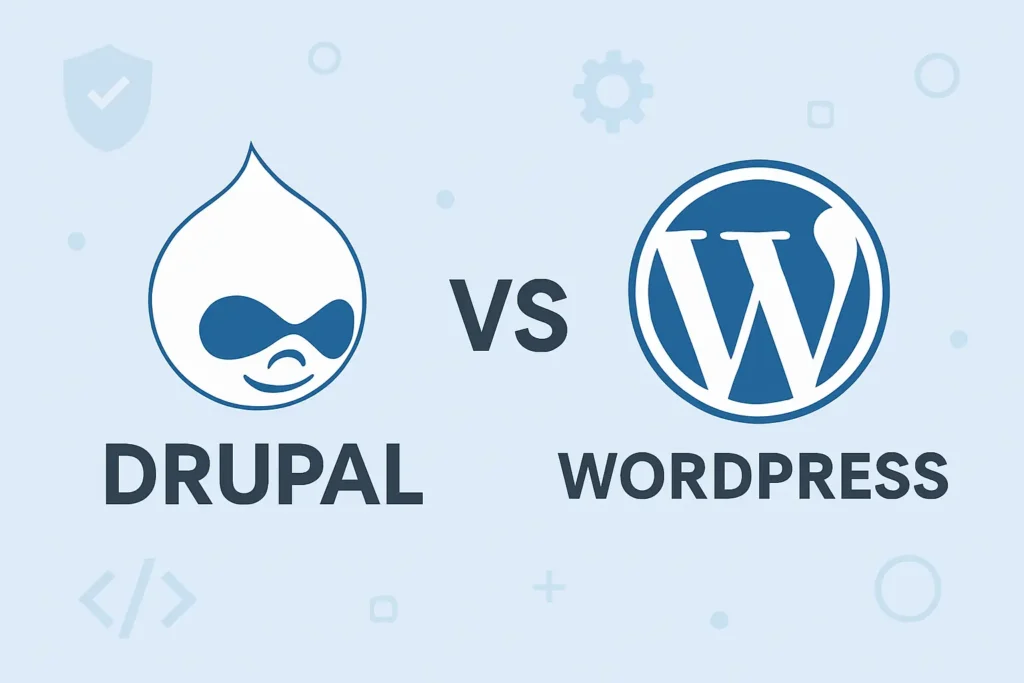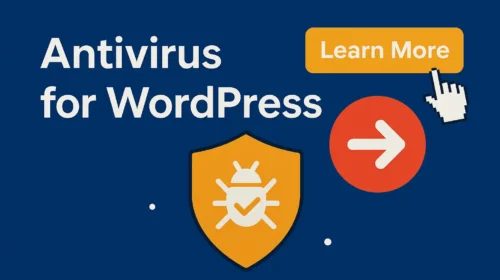
Drupal vs WordPress: Which CMS is Better for Your Website in 2025?
Choosing the right content management system (CMS) is one of the most important decisions for any website owner. Today, two of the most popular options are Drupal and WordPress — both powerful platforms but with different strengths depending on your goals.

What is WordPress?
WordPress is the most widely used CMS in the world. Its user-friendly interface, massive library of plugins, and flexible themes make it ideal for beginners, bloggers, small businesses, and even large-scale companies.
What is Drupal?
Drupal is a more advanced CMS, built with scalability, security, and customization in mind. It’s often chosen by developers for complex projects, government websites, educational institutions, and enterprise-level solutions.
Main Differences Between Drupal and WordPress
Ease of Use: WordPress has a much lower learning curve. Drupal requires more technical knowledge.
Customization: Drupal offers greater flexibility for custom development but requires skilled developers. WordPress has thousands of ready-to-use themes and plugins.
Performance: Drupal is better optimized for handling large amounts of data and users.
Security: Drupal is known for its strong security practices, although WordPress can also be highly secure with proper configuration and plugins.
SEO: Both platforms offer excellent SEO capabilities, but WordPress shines for beginners thanks to its easy-to-use SEO plugins.
Website Security is Not Optional Anymore
One of the most overlooked aspects when choosing a CMS is security. Many site owners focus on design or functionality but neglect to implement essential protection measures.
Drupal is often considered a more secure platform out of the box, due to its advanced user permissions and robust coding standards. However, WordPress has made significant improvements over the years, and with the right configuration, it can be just as safe.
Regardless of your CMS, regular security audits, vulnerability scans, and updates are vital. Websites are frequently exposed to threats like malware, SQL injection, brute force attacks, and outdated plugins or themes.
If you want to ensure your WordPress site is safe from these risks, we recommend trying our vulnerability scanning service. It will help you identify and fix security flaws before they turn into serious problems.
If you want to explore other articles similar to Drupal vs WordPress: Which CMS is Better for Your Website in 2025? you can visit the WebSecAudit Tips.






Leave a Reply